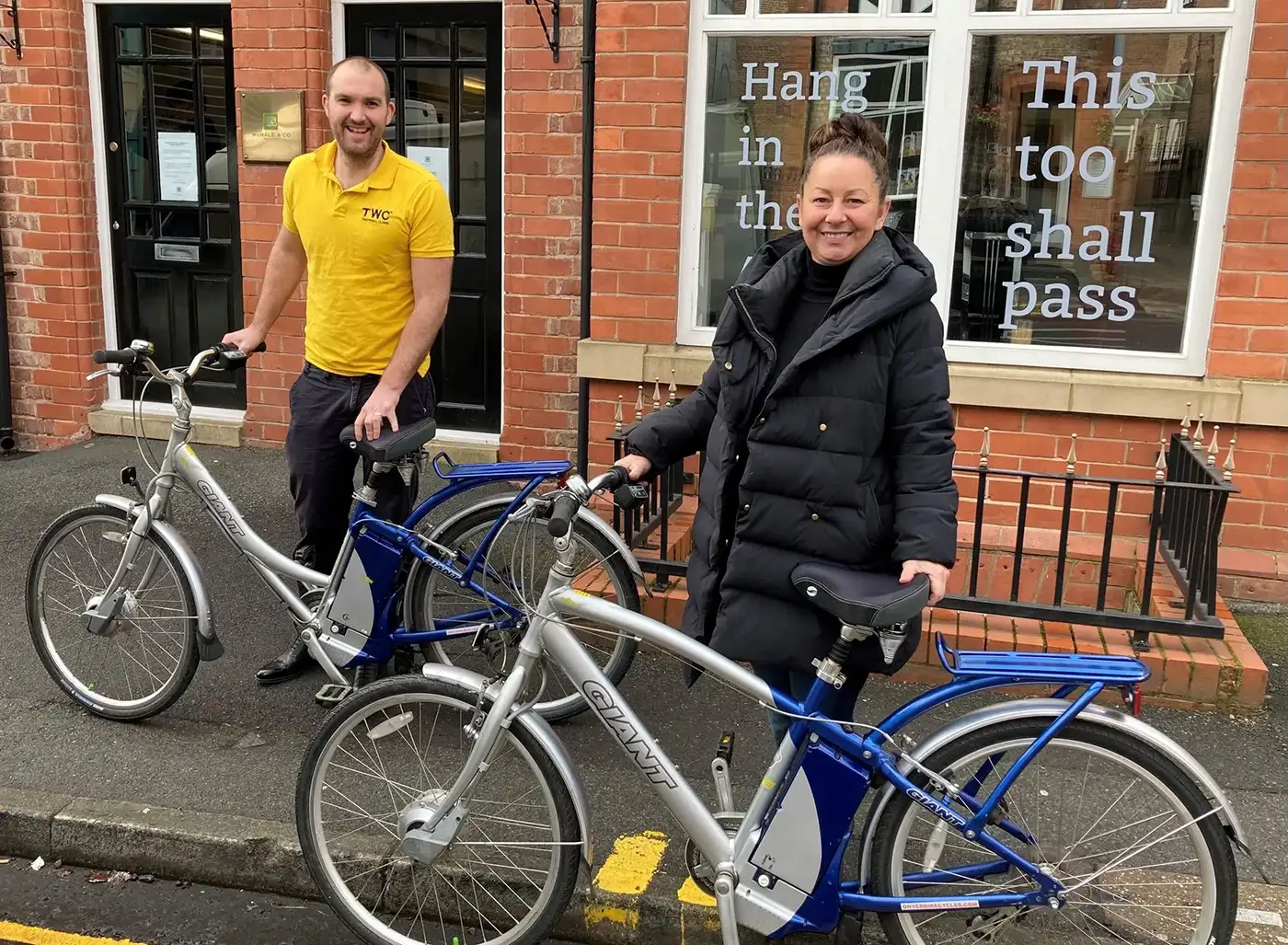Funding
Apply for Funding
Step Up MCR’s Community Grants support local projects from their early ideas stage and beyond.
If you have an exciting project or idea to boost health and wellbeing in your community, take a look at our available funding.
More than a funder.
Our Community Offer gives a Step Up to local projects.
We can provide the bespoke connections, access to opportunities, volunteers, fundraising, planning and promotion you need to grow your idea.
Find out more by heading to our Support page.
Neighbourhood Health Fund
This fund is currently closed for applications
Step Forward
This fund opens later in the year
Community Grants
Step Up MCR’s small Community Grants are open to local groups, organisations and residents with a great project or idea to boost community health and wellbeing.
Neighbourhood Focus:
Ancoats & Beswick and Clayton & Openshaw.
Fund Priorities:
Mental Health, Moving More, Digital Inclusion, and Social Isolation.
Fund Deadline:
Community Grants will close for new ideas when all funding has been awarded. We recommend applying three months before your project is due to start.
Step Up MCR grows local projects and initiatives that are community-led, or have strong links with the people they aim to support. We can work with you if you have an existing initiative, or a brand new idea.
Tell us your idea by answering the Five Questions below.
We aim to make our application process simple and accessible. You can tell us your idea using the online form, by email, video call, or a face-to-face conversation with a member of the team.
After you submit your idea, the Step Up MCR team will be in touch to ask any questions. We may make some suggestions on ways you can boost your submission before it’s considered by our Community Panel.
Get in touch or email us hello@stepupmcr.org if you have any access needs or would like to chat to a member of the team.
Tell us your idea
What we can’t support:
- Individuals seeking more than £500 for an idea. Step Up MCR can support you to develop your project further. See our Support section for more information.
- Projects out of our neighbourhood wards, except where you can demonstrate people from these wards are the main beneficiaries. Our current focus is on projects in Ancoats & Beswick and Clayton & Openshaw.
- Projects which are for individual benefit or targeting a specific demographic. Where your project does work with one group, we’d like you to let us know how the project will promote community cohesion.
- Projects promoting politics or religion. Churches or religious bodies may apply as long as the project benefits the wider community.
- Companies that can pay profits to directors, shareholders or members.
- Projects which have received Step Up MCR funding within the 12 months.
- Schools and health bodies may apply, but we will not fund statutory activities.
FAQs:
How much funding is available?
Typically, our Community Grants budget is between £10,000 – £20,000 per year.
How much can I apply for?
The amount you can apply for varies, but our typical grant awards range from up to £500, or up to £3,000.
Individuals or groups without a bank account can apply for a maximum of £500.
If your project costs more than the maximum amount you can apply for, we may be able to purchase equipment for you, or award funding to a host organisation to accept and manage the funding on your behalf.
Can I apply as an individual or without a community bank account?
Individuals or community groups without a bank account in their own name can apply for up to £500.
We can also support you to become a community group and obtain a bank account.
Where does the money come from?
Partnerships and local giving supports our Community Grants budget. Some of our funding partnerships include Manchester Local Care Organisation, MCR Active and Manchester City Council.
What happens after I’ve been awarded a grant?
We will send out your Grant Acceptance Agreement and conduct due diligence and ID checks. Once our requirements are satisfied, we can pay your grant out to you quickly. We will be in contact throughout your grant, and you will be added to our Peer Support Network for on-going access to opportunities and local connections.
Will I need to submit monitoring?
Yes. We require you to check in with us throughout the project and at the end to understand how you spent the money and the impact you had in the community.
The Step Up MCR team will support you throughout your grant and provide the monitoring information we need.
